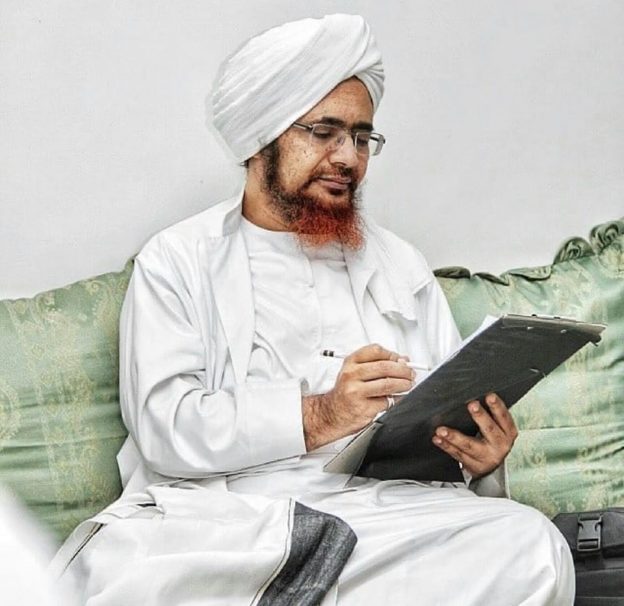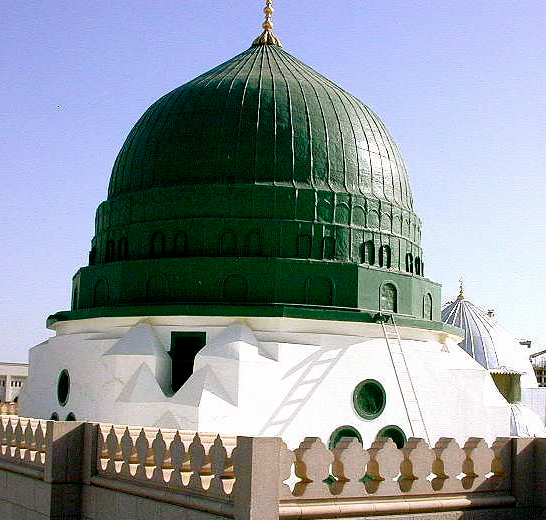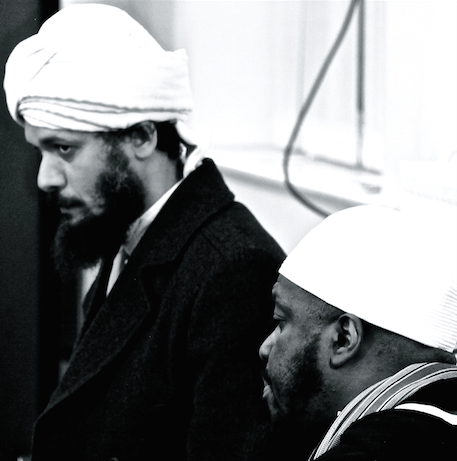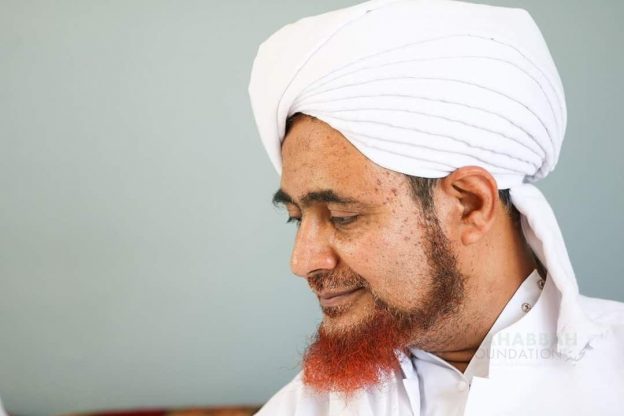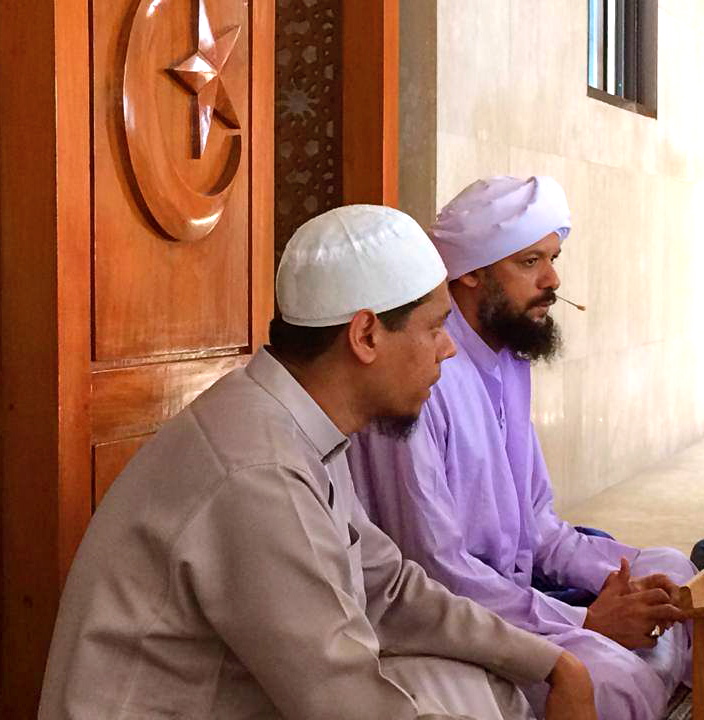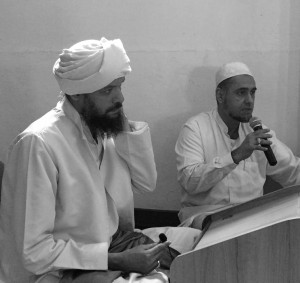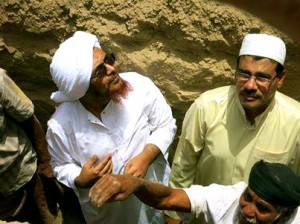Answered by Sayyidi Habib Umar bin Hafiz (may Allah protect him and benefit us by him)
A lot of my time is spent raising my children and doing the housework. How can I be consistent in reading my awrad?
Try to read the awrad while doing the housework. Perhaps the children will then memorise these awrad. A young child memorised Surah Ya Sin before knowing how to read and write just by hearing his mother reciting it while cleaning the house every day.

